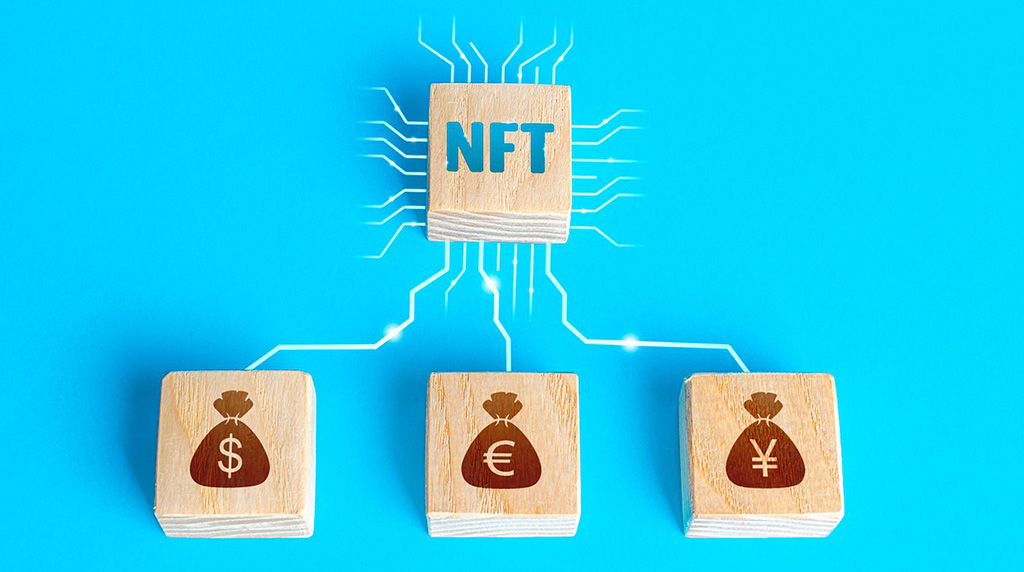Aleo, a privacy Layer 1 blockchain project, is crafted with a comprehensive approach to protect user privacy. Having successfully secured $228 million across two funding rounds, Aleo has positioned itself as a significant player in the blockchain arena. But what makes Aleo stand out? Join us at BitcoinSiri as we explore the unique aspects of Aleo in this article!
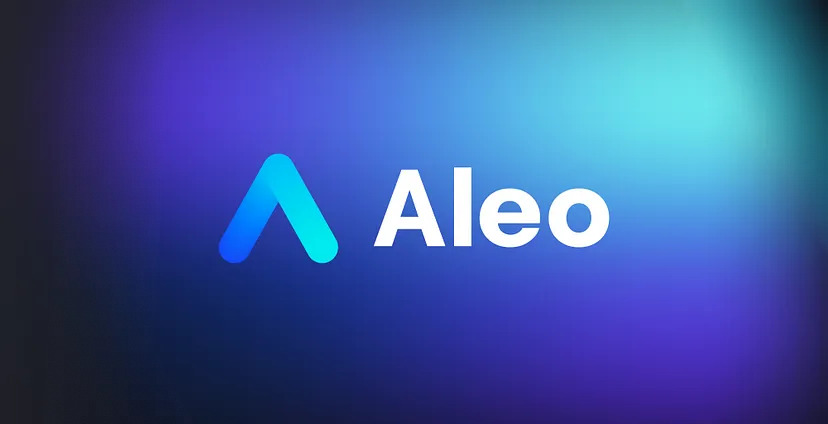
What is Aleo?
Aleo is the first privacy blockchain platform to offer solutions for private applications, utilizing decentralized systems and Zero Knowledge (ZK) cryptography to afford users computing with uncompromised absolute privacy.
Aleo’s Technology
Zero Knowledge (ZK): Aleo employs ZK encryption technology to achieve absolute privacy and programmability. This technology serves as the foundation for Aleo, leading to the creation of a new system known as ZEXE (Zero knowledge EXEcution), which allows users to interact or transfer values in a predetermined way.
POSW (Proof of Succinct Work): Aleo utilizes the POSW protocol, a variant mechanism from Bitcoin’s POW (Proof of Work), thereby Aleo also features a mining mechanism similar to Bitcoin.
Leo Programming Language: Aleo has developed the Leo programming language, inspired by Ethereum’s Solidity but designed for building highly private applications. Moreover, the Leo language shares similarities with JavaScript and Rust, making it easily accessible for developers familiar with these languages.
The Distinctiveness of Aleo
- By adopting ZK encryption technology and evolving it into ZEXE specifically for the Aleo platform, it enables the execution of applications without revealing internal information.
- Aleo utilizes an enhanced POSW protocol derived from POW, featuring a mining mechanism similar to BTC.
- Its unique programming language, named Leo, empowers developers to create applications with high privacy and security standards.
- Aleo Studio and Aleo Package Manager provide a space for developers while increasing utility in sharing programming products.
The Development Team
Aleo was officially founded in 2019 by initial members Howard Wu, Michael Beller, Collin Chin, and Raymond Chu. All of them are engineers and researchers specialized in cryptography, as well as partners of leading global enterprises such as Google, Amazon, NYU, Cornell University, University of California, and more
Howard Wu:
- Engineer at Google from 2016-2017
- Consultant at Blockchain at Berkeley from 2016 to the present
- Managing Partner at Dekrypt Capital from 2017 to the present
- Co-founder at Aleo
Michael Beller:
- COO at PL Developments from 2004 to 2007
- CIO at Steve & Barry’s from 2007 to 2009
- Partner at CoVenture from 2014 to 2019
- Managing Partner at Lightship Partner from 2001 to the present
- COO and CFO of Aleo
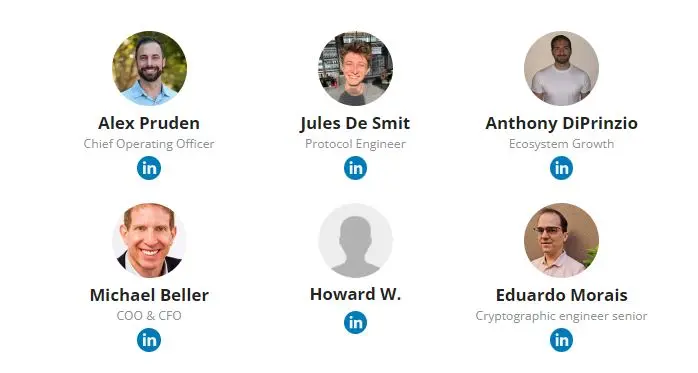
Investors & Partners
The project was successful in both of its funding rounds. The first round raised $28 million in 2021 with the goal of building the next-generation platform for private applications. The second round garnered about $200 million in 2022. Leading participants included major funds such as Placeholder VC, Galaxy Digital, Variant Capital, Coinbase Ventures, Polychain Capital, Slow Ventures, Dekrypt Capital, Scalar Capital, acapital, zkValidator, and more.
ALEO Tokenomics
Unconfirmed
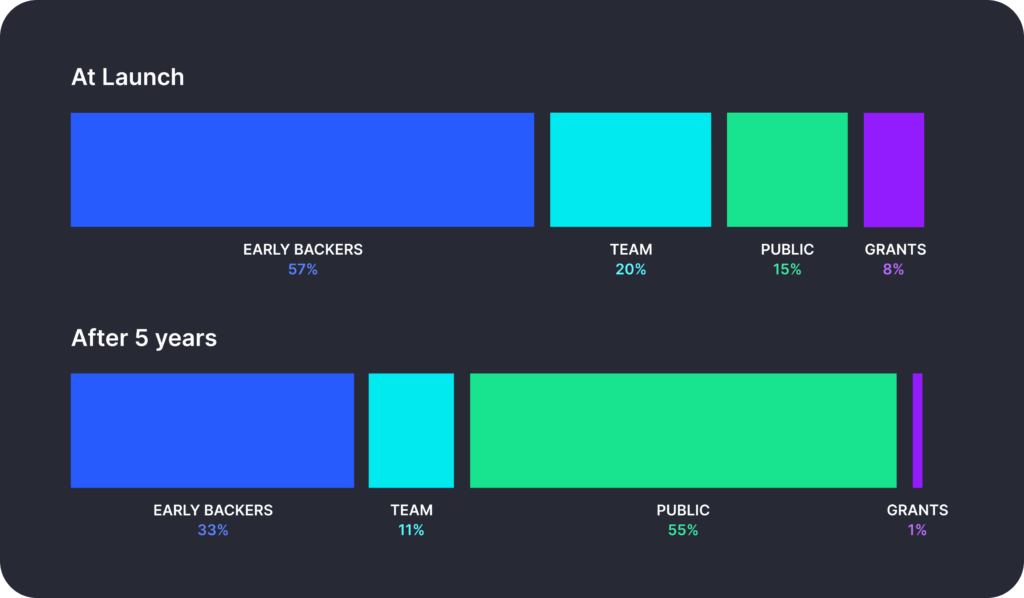
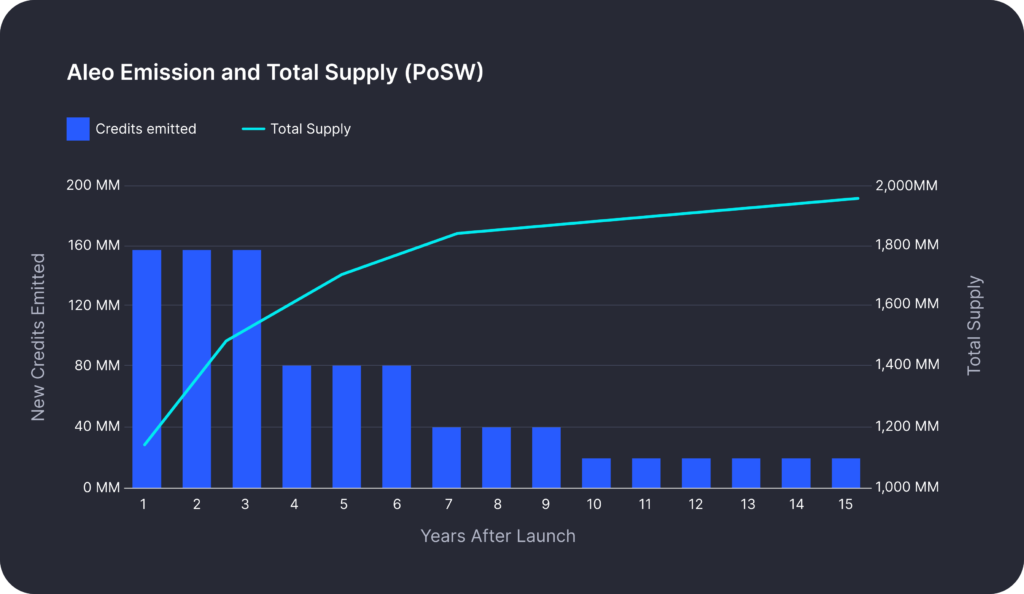
Q&A about Aleo
Can Aleo’s token be mined?
Yes.
Is Aleo a Layer 2 or Layer 1 blockchain?
Layer 1.
When will Aleo be launched?
Uncertain, but possibly by the end of 2023.
Is Aleo compatible with EVM Smart Contracts?
No, but it’s unclear about the future.
Where can I buy Aleo tokens at the moment?
The project has not launched its token yet, any current offers to buy or mine Aleo tokens are scams.
Will there be an airdrop for the community?
According to the tokenomics, yes.
Are there any token sales for Aleo?
As of now, no.



